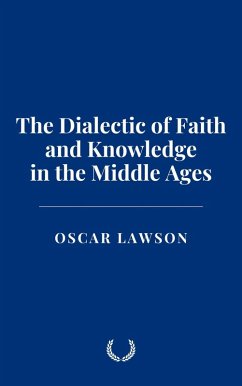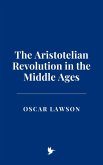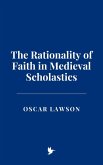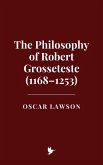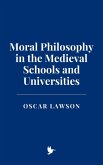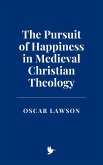This book explores the intricate relationship between faith and knowledge during the medieval period, examining how intellectual, religious, and cultural currents shaped the development of Western thought. Through a detailed analysis of key theological debates, the influence of Aristotelian philosophy, the rise of Scholasticism, and the transformative events of the Reformation, the book traces the evolution of knowledge as it was understood and transmitted across centuries. Beginning with the intellectual foundations laid by early Christian thinkers like Augustine and Boethius, it explores the emergence of Scholasticism, which sought to reconcile reason with divine revelation, and the ways in which the Church maintained its authority over knowledge in medieval Europe. The work then delves into the growth of humanism, the intellectual flourishing of the Renaissance, and the religious and intellectual ruptures brought about by the Reformation, showing how these movements led to a rethinking of the role of human reason, individual agency, and the accessibility of knowledge. By examining the contributions of key figures such as Thomas Aquinas, John Duns Scotus, Martin Luther, and Erasmus, the book provides a comprehensive look at how the medieval world grappled with the intersection of faith and reason, and how this struggle ultimately set the stage for the rise of modern thought. Through this exploration, the book demonstrates the enduring legacy of medieval intellectual traditions in shaping contemporary conceptions of knowledge, individualism, and the role of religious and secular authority in intellectual life.
Dieser Download kann aus rechtlichen Gründen nur mit Rechnungsadresse in A, B, CY, CZ, D, DK, EW, E, FIN, F, GR, H, IRL, I, LT, L, LR, M, NL, PL, P, R, S, SLO, SK ausgeliefert werden.

